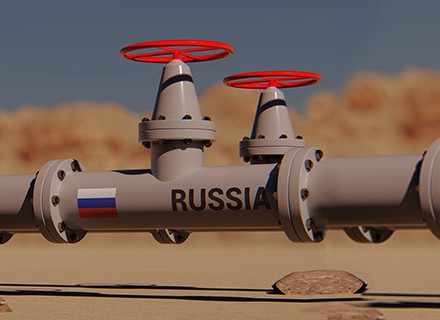At the Eastern Economic Forum in Vladivostok, Russia Energy Minister Nikolai Shulginov warned reporters that the country would increase supplies to Asia in response to price limitations on its oil.
“Any actions to impose a price cap will lead to a deficit on (initiating countries’) own markets and will increase price volatility,” Nikolai Shulginov said.
In reaction to Moscow’s invasion of Ukraine, the finance ministers of the United States, Germany, Italy, Japan, Great Britain, France, and Canada approved last week the concept of regulating the price of Russian petroleum. This would reduce Moscow’s income.
According to the International Energy Agency, before sending tens of thousands of troops into Ukraine in February, about half of Russia’s oil and petroleum product exports went to Europe.
Meanwhile, the G7 proposal to set a cap on the price of Russian oil prompted the Kremlin to threaten the West with retaliation.
During an interaction with reporters, Kremlin spokesman Dmitry Peskov said, “There can only be retaliatory measures.”
The cap was approved by the Group of Seven finance ministers recently in an effort to put pressure on Russia over its activities in Ukraine, but Moscow has pledged to stop selling to nations who are implementing it.
Dmitry Peskov stated last week that Russia was researching the economic effects of capping the price of its oil exports and that such a move would cause instability in the world oil market.
The cap was necessary, according to a senior economic advisor to Ukrainian President Volodymyr Zelensky, who applauded the development.

